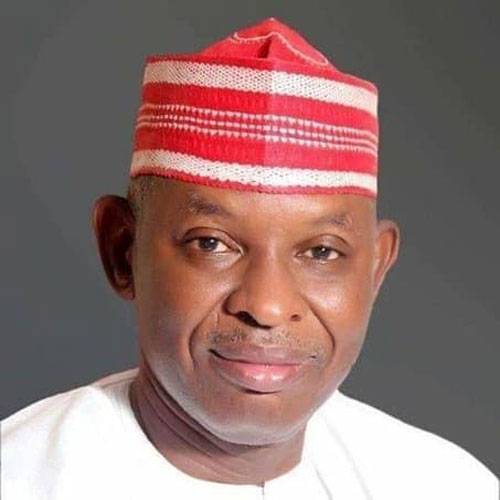#TrackNigeria: Some Civil Society Organisations (CSOs) and Development Partners on Monday said there was need for the Federal Government to strengthen its governance system to stop illicit financing and save revenue for the economy.
The CSO partners said this in Lagos at a one-day policy dialogue on illicit financial flows in the private sector in Nigeria.
Mr Chinedu Bassey, a representative from the Civil Societies Legislative Advocacy Centre (CISLAC), said that though Nigeria had varying data on the amount lost to illicit financial flows, there was the need to curb them.
He cited consensus statistics of reports that showed Nigeria’s contribution to about 35 per cent of the total illicit financial flows from the whole of Africa.
“The Nigeria Extractive Industries Transparency Initiative (NEITI) says that Nigeria lost 217.7 billion dollars in 38 years as tax revenue leakage.
“The NCC and CBN have alleged that MTN, in several Court cases, is owing the Federal Government taxes amounting to about 15 billion in 10 years.
“A report supported by Trust Africa showed that oil bunkering accounted for about 35 per cent, while tax evasion, money laundering, and transfer pricing by multinationals account for more than 60 per cent of Nigeria’s tax leakages,’’ he said.
The CISLAC representative further said that the Global Financial Integrity Report, among others, also said that Nigeria lost about 8.3 billion dollars in the last 10 years.
He, however, said that there were tax incentives such as tax holidays, foreign tax credit, interest incentives, export incentives, tourism incentives and others, which were not harmful.
Bassey said that if tax incentives were properly designed and well- managed with transparency, they could enhance economic growth.
He called for the establishment of good data analysis and a re-orientation that would enable the government to block leakages in illicit financial flows.
Mr Henry Ushie, a representative of OXFAM International, who analysed wages, Corporate Social Responsibility (CSO) and Taxes, said that Nigeria’s tax Gross Domestic Product (GDP) was among the lowest in the world.
He said that tax incentives were special exclusions, exemptions or deductions that provided special credits, preferential tax rates or deferral of tax liabilities.
Ushie, therefore, urged the government to provide a conducive business environment as catalyst for encouraging businesses to self-report their incomes and pay taxes.
“There is the need for state governments to establish a taxpayer register and enumeration, as well as demand for tax clearance from businesses and individuals.’’
He also called for the registration of skilled workers and artisans under associations connected to relevant tax authorities. (NAN)





